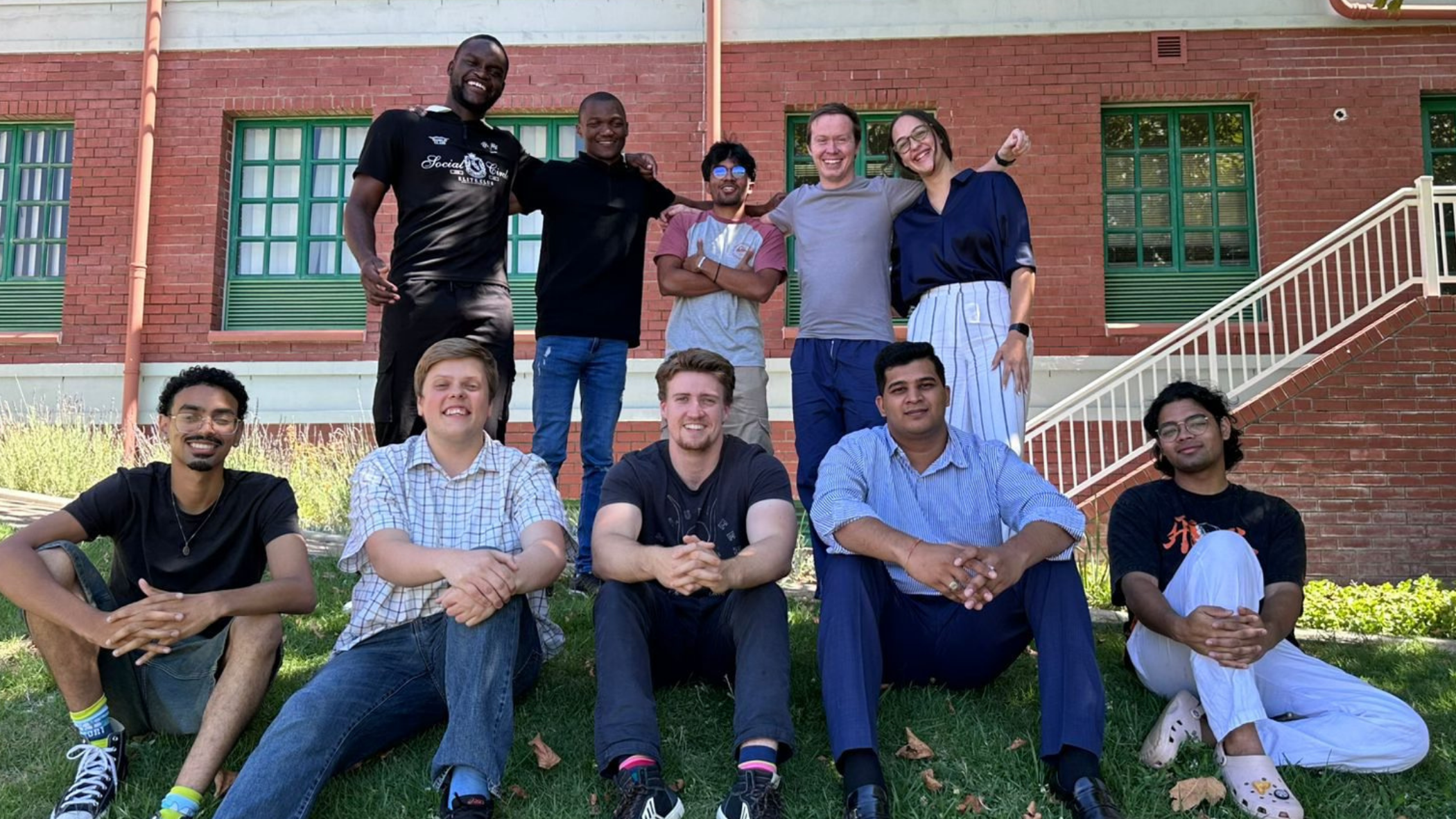Twitter was abuzz within hours of the protests starting in Tahrir square. It started very peacefully, with calls for sit-ins and demonstrations.
“Be part of the experience that might make your children and grandchildren proud of you some day #Jan25”
Unfortunately, the authorities responded violently, and by January 26, people were referring to a “Day of Rage”. The police had fired tear gas, rubber bullets and water cannons at crowds. Twitter was playing a crucial role in communications, both inside the country and for the outside world.
“Doctors needed at Tahrir DESPERATELY”
The Egyptian authorities responded by blocking Twitter, and also cut mobile phone coverage around Tahrir Square. Citizens responded in turn by unblocking wireless router passwords in shops and homes around Tahrir Square, to keep communications open.
“Whoever can bring us water or food, please do.”
The authorities couldn’t stop the flow of news. Al Jezeera TV did an amazing job of streaming live video, despite an almost complete shutdown of all Internet in Egypt. Family oversees tweeted on behalf of relatives who SMSed their news out.
“They started beating. Help us.”
By the 1st of February, Google and Twitter reacted with a new service called SpeakToTweet, which took voice messages on an international phone number and automatically sent them out as text Tweets. Clearly, to remain a market-leader, a company must be able to respond to reality within days; weeks are too long.
After a brief period of waiting for the status quo to change, it was the regime’s turn to use the digital age to influence outcomes. Mubarak’s regime sent out thousands of SMS’es urging people to go to rallies in support of the government, and promising them money for pitching up.
Terrible video footage emerged from Egypt including fire trucks and police riot vans driving straight into the crowds. Youtube and Twitter handled huge traffic loads over these weeks – the world was online and watching.
There is no place for a violent government to hide its deeds – the evidence is all online for those who trouble to look.
“You realise that we’re living through a revolution? The fall of Mubarak is big. It will go down in the annals of history! Your grandkids will ask you about it, so make sure you can answer them with honour. Be informed!”
Be informed.
Mubarak has finally stepped down. Social media didn’t cause his downfall – to claim that would be an insult to many brave protesters, across all faiths, genders and social standing. Media played the role media has always played – a critical supporting role of information publishing.
At Tahrir Square it wasn’t just journalists sending out stories: it was the people on the ground who tweeted, blogged and sent messages. Online media gave them the power to organize internally and to rally support abroad, and revolution will never be the same again!
Uninstalling dictator … 99% complete




